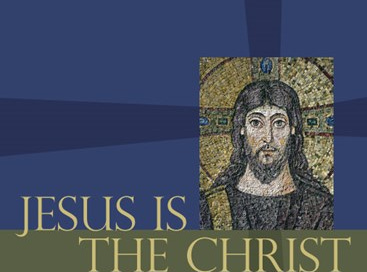Book # 9 was on the topic of messianism again in Jesus is the Christ: The Messianic Testimony of the Gospels (Downers Grove, IL: InterVarsity, 2012). This time, I was not focusing on whether the historical Jesus thought he was the messiah or not. Rather, I was looking at how the evangelists each make “messiah” a key category in their christology and I then explore what they meant by that.
Who do the Gospels say Jesus is?
The title and role of "Messiah" ascribed to Jesus in the Gospels has long been regarded as a late add-on, a fabricated claim or an insignificant feature. I, however, argue that the Gospels' messianic claims are the most significant feature of their portrayal of Jesus.
I go on to describe how each Evangelist portrays Jesus as the Messiah of Israel, what they think is at stake in that claim, and how the claim that "Jesus is the Messiah" drives the purpose and shape of the Gospels. In other words, Jesus' messiahship is the "mother of all Christology."
The book breaks down as:
Introduction: When Did Jesus Become the Messiah?
1. The Gospel of Mark: The Crucified Messiah
2. The Gospel of Matthew: The Davidic Messiah
3. The Gospel of Luke (and Acts): The Prophetic Messiah
4. The Gospel of John: The Elusive Messiah
Conclusion: Believing in the Messiah
I liked this book, it was modest in success, but it had some good reviews. I still think messiahship is a key aspect of the christology of the Gospels and one that remains somewhat underrated.
Since then more good stuff on messianism in antiquity has been written by Matthew Novenson.





He is.
Today I ordered The History of Apologetics and Jesus is the Christ. I will turn 70 this year and I still am ever hungry to learn more about my Lord, apologetics, and biblical studies. I have given a lifetime beginning at 17 and going full steam ahead even now in this endeavor. Oh, to know him! Oh, to be like him!